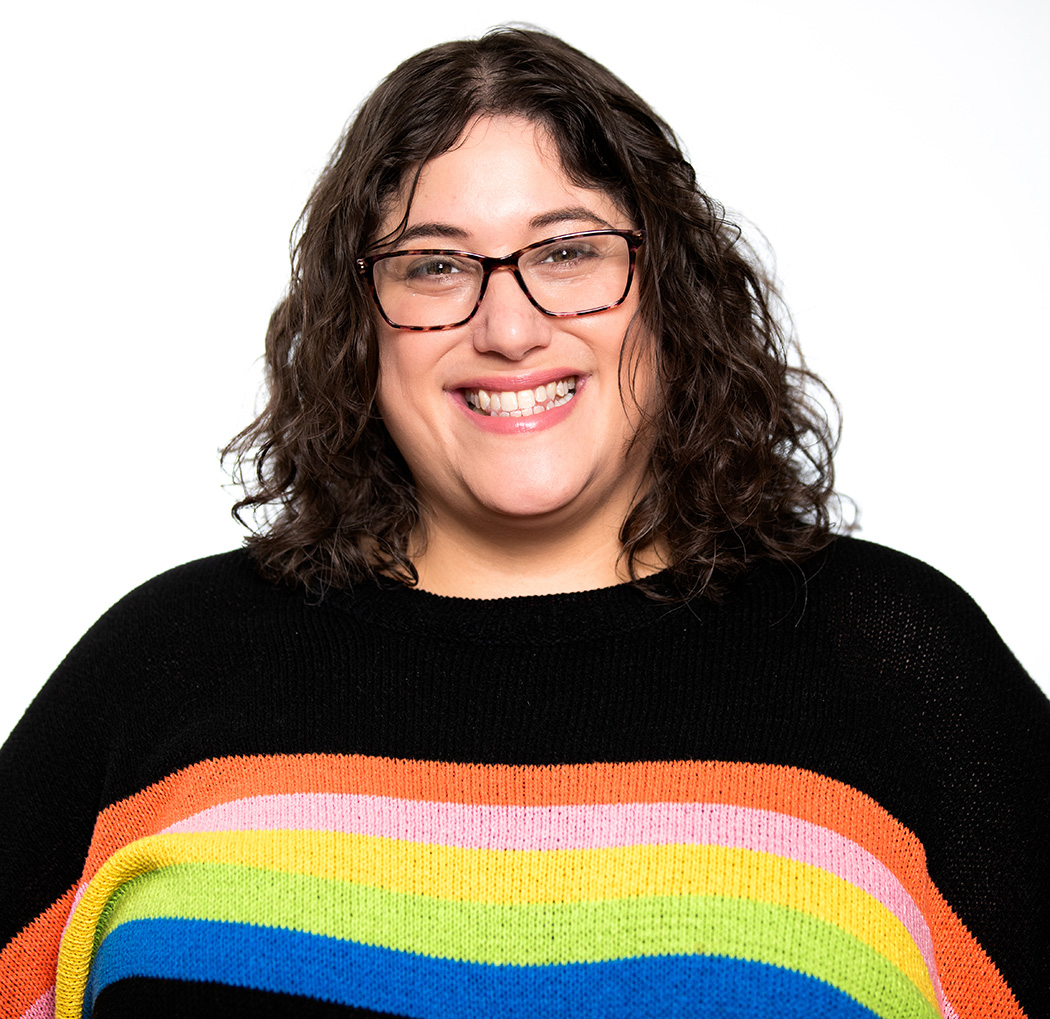
As the sun sets on Wednesday evening a new year begins on the Jewish calendar. Holidays are a time for both nostalgia and memory; they are a time for change and new chapters. For some, the holidays come with an already ingrained sense of how to observe and where to tap into community. Long-standing traditions of where to spend Rosh Hashanah lunch and who is hosting breakfast at the conclusion of Yom Kippur bring a sense of familiarity and constancy for some. For others, a looming question of how to mark the holidays and who, if anyone, might extend an invitation to join in the celebration may result in a feeling of uncertainty and, perhaps, isolation. For still others, it is a stark reminder of how different life is now from this time last year. The world has changed in ways to which we will never return. The loved ones who are not with us, who once insisted we make plans to go apple picking, and who will no longer be asking us to toast their pumpernickel bagel at holiday gatherings.
The Jewish holidays constantly invite us to connect with the big ideas and themes of Jewish tradition through the practices of ritual, learning, and sometimes prayer. They come and go whether or not we accept the invitations that come with them to connect in ways that enliven us for the season and, hopefully, create a deeper sense of connection to both the unfolding wisdom of Jewish tradition and to others seeking to make meaning in their lives in ways that Judaism has offered to generations over millennia. For some, the access points are easy – or at least clear. For others, less so. And for some, what used to be clear is less so because of how our world has changed, how communities have changed, and how we have changed.
I’ve long felt that Judaism has three primary goals it seeks to fulfill: personal meaning making, the imperative to be part of a collective, and the responsibility to build a more whole and just world for all its inhabitants. Our rabbis and community leaders, in every generation, have sought to find the tangential place where the instructions passed down from generation to generation find resonance and relevance with those who seek connection to Judaism in its current chapter.
Third Space at Shaarei Tfiloh is founded on the understanding that there has never been a single way to connect with the invitations and customs in Jewish tradition; that there is no one right way to observe, to engage, to participate. Sure, there are boundaries, but there is great expanse in the possibilities of how one might tap into the rhythm of Jewish time and the myriad of themes and observances available to ensure that every person seeking connection has the potential to find a meaningful and authentic one.
As we are not launching a new synagogue, it doesn’t make sense for Third Space to host High Holy Day services. There are already so many great ones available in Baltimore for those looking for that entry point. For this year, we’ve decided to come together on the second day of Rosh Hashanah to engage in the ritual of tashlich – to create a container to let go of that which no longer serves us and to “cast it off” so as not to bring unnecessary spiritual residue into the year ahead. On Yom Kippur, we will gather on Saturday afternoon to do some learning and then to break fast in community, for those whose custom it is to fast and for those who may not fast but want to share a holiday meal in community to mark this sacred time.
Despite all the fears around Jewish survivalism, I venture to think that no Jewish leader or teacher wants to create passive Jewish participants in our communities, waiting to be told what to do or how to be Jewish. We want to nurture producers of Judaism – to activate people to grab the reins of their own Jewish journey, and to do so in partnership with spaces and leaders who want to encourage a diversity of ways to ensure that Jewish engagement can be a meaningful and integral part of people’s daily lives.
That is top of mind as we launch Third Space at Shaarei Tfiloh and as we gear up to celebrate the various holidays that come in the first month of a Jewish new year. We are especially excited to build the first-ever Third Space sukkah and then to fill it with joy and new rituals and customs. In this first year, we look forward to creating new rituals, customs, and traditions, informed by what has come before us and standing on the shoulders of those who came before us, while making our own mark on what Jewish learning, practice, and community might look like in Baltimore in 2024, or 5785. Shanah tovah u’metukah – may this year be filled with sweet surprises. May we move closer to the goals of more meaning-making in our lives, finding communities that nurture us that we are inspired to participate in, and helping to create healing in the cracked and broken places of our world, with special attention paid to those made most vulnerable by the brokenness we seek to heal.


